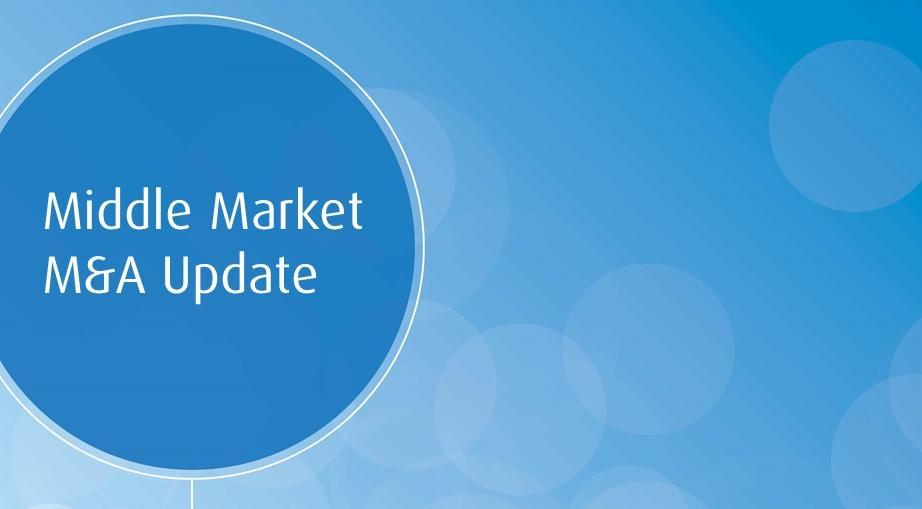The Current State of Add-On Acquisitions
In the current economic environment, which continues to be characterized by rising inflation and interest rates, add-on acquisitions have become an increasingly prevalent means for private equity investors to deploy their near-record levels of dry powder, in part driven by the uncertain financial environment.
Add on acquisitions made up ~80% of all US buyout transactions in the first quarter of 2023. This is compared to the pre-COVID period in 2019, where add-ons made up ~68% of US Buyouts. The relative size of most add-on acquisitions in relation to a full platform acquisition is one of the major reasons they have become so attractive to private equity investors. Smaller acquisitions like add-ons are more easily financed, which is a key consideration in the currently constrained leverage markets. These acquisitions also offer incremental EBITDA additions which can help to offset the increased cost of debt. They also typically include an existing labor force, which has otherwise become a key element inhibiting growth for investors.
Another important attribute of add-on acquisitions in the current environment is that they allow investors to continue with an already proven thesis, rather than making a new and larger, full platform investment. Platform investments are generally expensive and force investors to bear significant risk. Add-ons allow investors to augment an already successful platform where they have operational expertise and can likely realize synergies that ultimately lead to multiple expansion upon exit.
In the immediate term, investors’ interest in add-on acquisitions will likely only increase given their lower risk nature and return potential. While Financial Sponsors’ appetites for larger, platform creating transactions will likely heighten as interest rates begin to normalize, it is unlikely that demand for add-on acquisitions will soften given the returns that can be achieved through multiple arbitrage.
